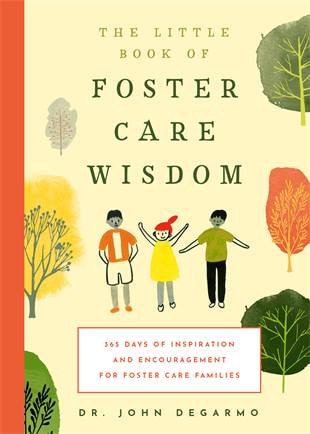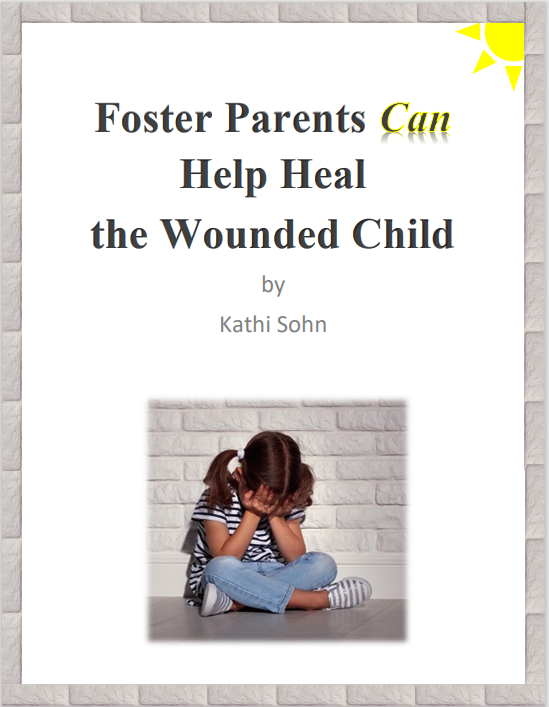
In the wake of a police officer’s killing of George Floyd, there were many calls to “defund the police.” Among its progeny, a new-yet-old issue raised its head: “defund child welfare.” Its advocates include the Center for the Study of Social Policy, the Social Work School at the University of Houston, and certainly Professor Dorothy Roberts, who has been advocating such abolition for many years.
As Professor Roberts wrote in The Imprint News in the summer of 2020:
“Policing . . . cannot be fixed by more failed reforms; it must be abolished. The most prominent demand emerging from the protests is to defund the police and reallocate the money to provide health care, education, jobs with living wages, and affordable housing. I am inspired by calls to defund the police. But I am concerned by recommendations to transfer money, resources and authority from the police to health and human services agencies that handle child protective services (CPS). These proposals ignore how the misnamed “child welfare” system, like the misnamed “criminal justice” system, is designed to regulate and punish black and other marginalized people. It could be more accurately referred to as the ‘family regulation system’.”
Professor Roberts’ opinion is widely shared in academic circles, but is it a “ground truth” among the families most impacted by the child welfare system? For example, despite its popularity in the media and among academia, the “defund the police” movement was in its birthplace of Minneapolis opposed by a significant majority of African-American families. Those families recognize the need for protection from crime. And while studies of support for child welfare systems are few, one 2020 study found addressing child maltreatment to be an issue with significant public support, because most folks understand the importance of keeping children safe from harm.
None of this is to discount the fact that black and Native American children experience foster care at disproportionate rates. The question, rather, is: how do we address that issue?
The UpEnd Movement to abolish child welfare argues that “Black, Latinx, and Native families come to the attention of child welfare agencies in large part due to prolonged unmet needs as a result of racism, poverty, and other inequities.” Whatever the merits of this causal claim, it is far removed from the proximate causal factors: parental drug and alcohol abuse, mental health issues, domestic violence, and economic stress. Those are the problems that case managers help solve every day.
And yes, many of the families who experience a child protective services intervention are poor. Imagine a single mother who is trying to work multiple jobs while appropriately caring for her children. She may be tempted to leave them “unsupervised” or leave them in the care of a person whose trustworthiness is unknown. Once CPS gets involved with such a mother, they may ask her to do more than she’s physically able. And failing to comply, that mother may see her children placed in foster care.
But is the answer, as Professor Roberts argues, to abolish the child welfare system? As she characterizes it: “This system is not about caring for, protecting or supporting anybody. It is about protecting the broader racist, sexist, capitalist, homophobic, ableist structures that govern our society. You can’t reform a system that is designed to support an oppressive regime.”
None of the front-line social workers and case managers I know consider themselves to be, nor do they want to be, part of system as Roberts describes it. Rather, they went into child welfare to aid children and families, and the vast bulk of the work they do involves helping families stay together while solving issues that the parents recognize they need to address. Only from an ivory tower could someone characterize their work in such a demeaning fashion.
These critics would, of course, argue that they simply want to redirect the system to helping families rather than “regulating” them, but their rhetoric sends a terrible message to the child welfare workforce, both present and future.
What could these critics do instead? Here are a few suggestions:
- Instead of focusing on trashing the system, reform it. Help us find ways to engage with families that are less coercive, that are more helpful, and that ensure children are safe and families receive the services they need.
- Continue to emphasize that poverty does not equal maltreatment. Help case managers step into the shoes of the single parent who is struggling to make ends meet, but don’t condemn those case managers for trying to help.
- Recognize that children have the right to be protected from abuse and that the State has the obligation to protect them. Abuse occurs among every race, ethnicity, and class, and to ignore this fact is to ignore the rights of children.
- Celebrate the efforts of social workers and case managers who enter this difficult field and who are trying their best to balance the safety of children against the right of families to be together.
Tom Rawlings is the former Director of Georgia’s Division of Family and Children Services and a former juvenile court judge and longtime child advocate. You can subscribe to his newsletter at https://tomrawlings.substack.com




 RSS Feed
RSS Feed